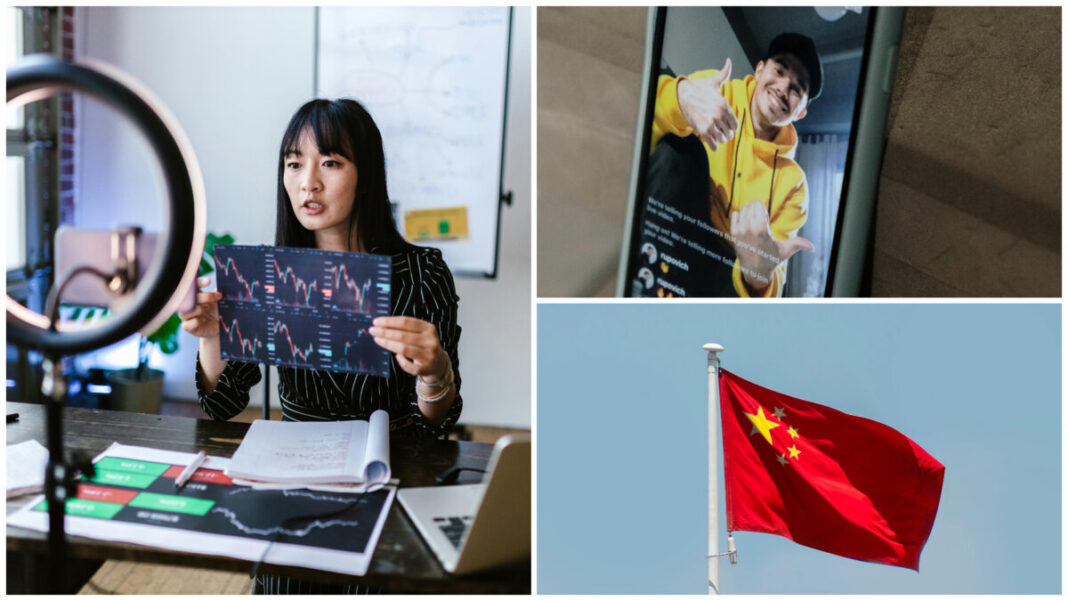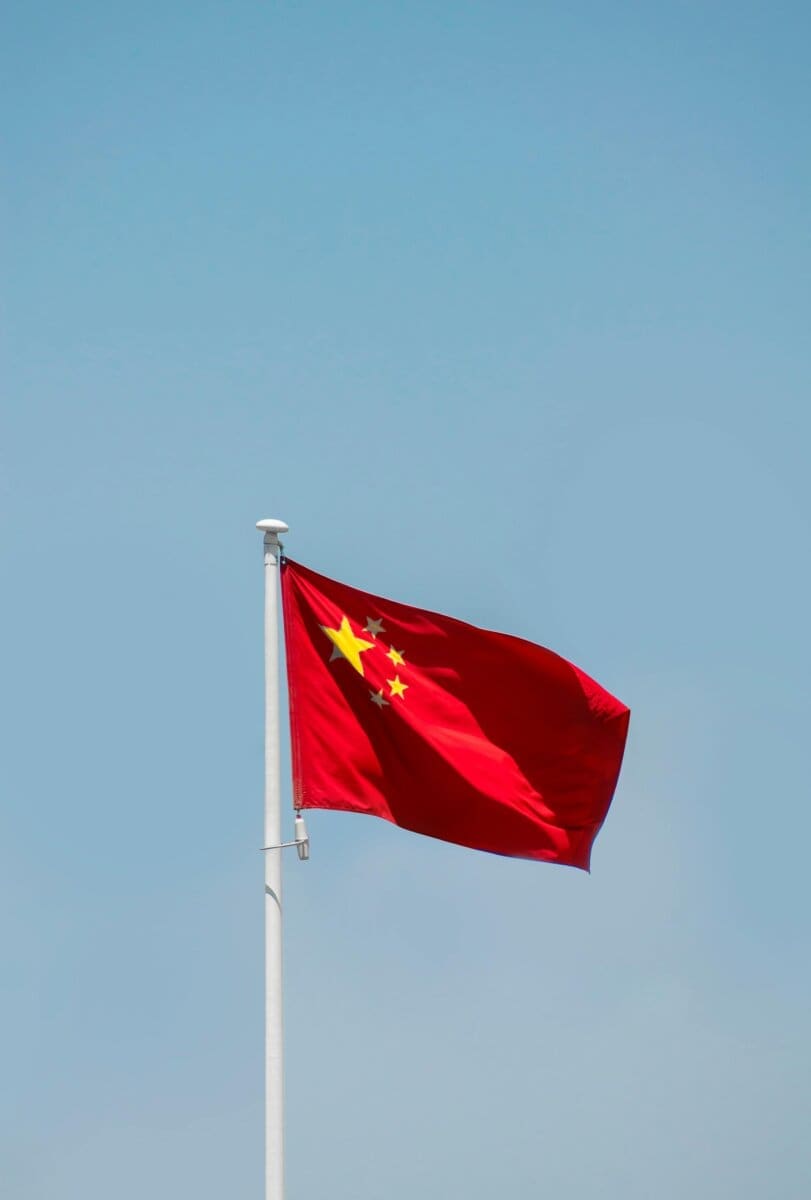
China has rolled out stricter regulations for social media influencers, requiring anyone who discusses professional topics like medicine, finance, law, or education to provide proof of their qualifications before posting content.
Under the new rules issued by the Cyberspace Administration of China (CAC), “influencers” must show evidence of formal training, a university degree, or verified professional expertise before they can share advice in these sensitive fields. The move is part of Beijing’s ongoing effort to tighten oversight of online content and curb the spread of misinformation.
No More “Trust Me, Bro” Medical Advice

Beginning this October 2025, content creators will have a two-month grace period to provide certifications, degrees, or other verified credentials. This is to prove they have the required expertise to publish accurate scientific and academic content. Social media platforms like Douyin (China’s TikTok), Weibo, and Bilibili are now tasked with verifying these creator credentials.
Which means that every influencer claiming “professional advice” by providing tips in skin care routines in “secret cure to acne”, financial gurus promising “get-rich-quick” schemes without any actual finance degree are out. The days of unverified “medical advice” from influencers who learned everything from Google are officially over in China.

To boost transparency and security, the new regulations mandate that all content must clearly reference its sources. Additionally, it must be specified whether the content contains dramatizations or elements generated by artificial intelligence, thereby preventing the misrepresentation of AI-generated responses as legitimate expert opinions.
The Stakes Are High
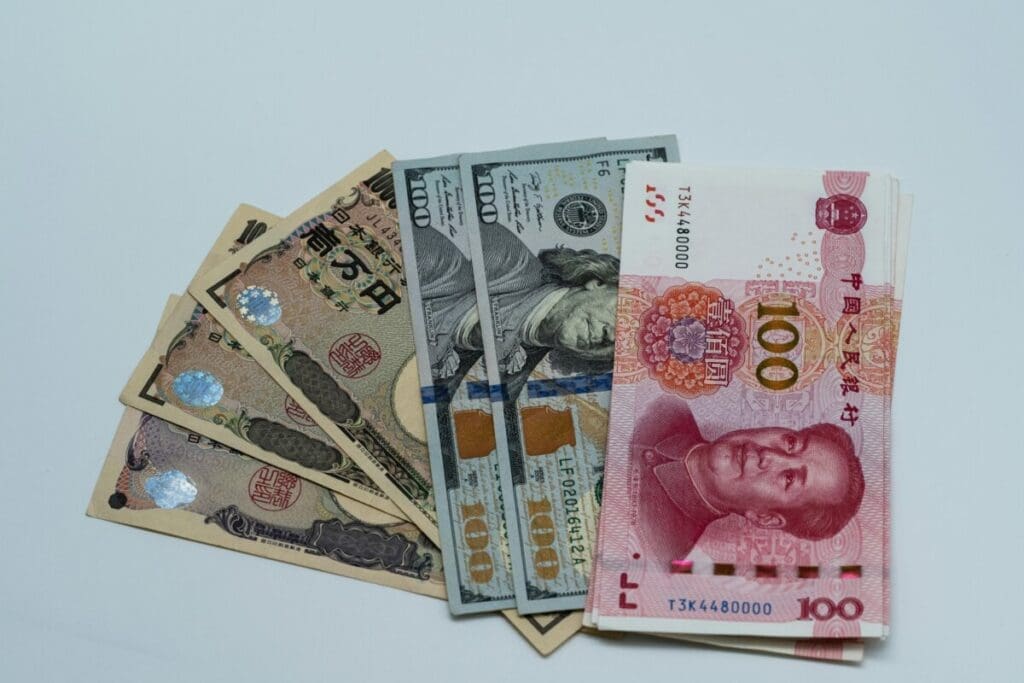
Influencers who fail to comply with these regulations face severe penalties, including account suspension or permanent closure, and fines of up to 100,000 yuan (approximately $14,000). To put this into perspective, 100,000 yuan is roughly equivalent to ₱800,000 in Philippine pesos—a substantial amount that should deter any aspiring online guru from sharing unverified health advice.
To combat misinformation and standardize expert content online, China introduced regulations in phases starting in 2022, with further tightening expected in late 2025. The Chinese authorities state that this policy aims to protect users from misleading or inaccurate information by ensuring that online professional advice originates from credible sources.
Which Topics Are Monitored?
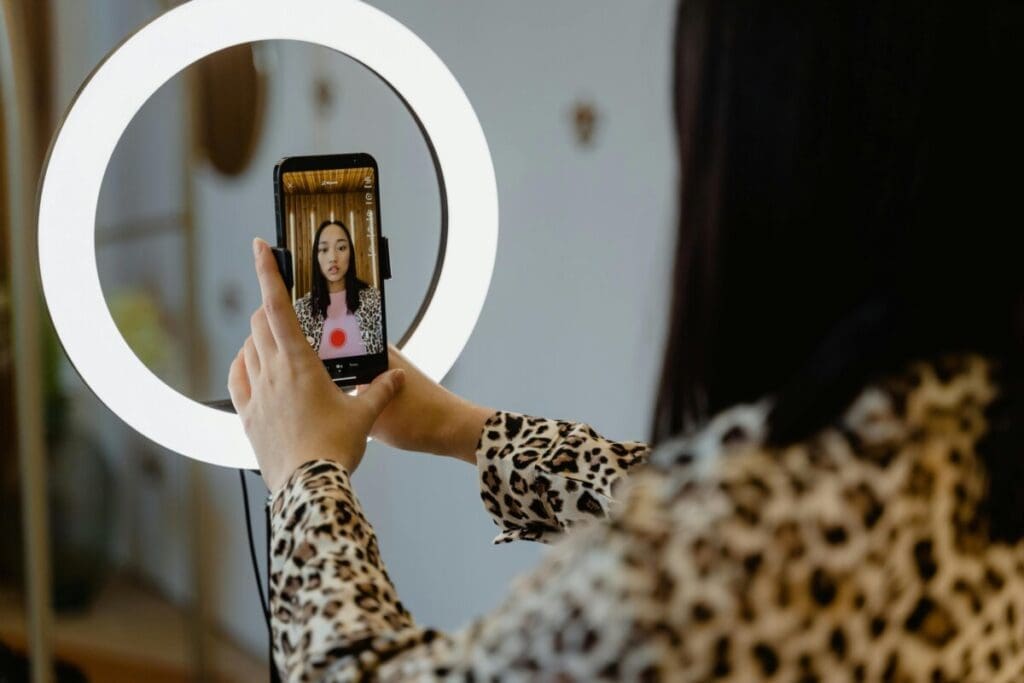
The CAC has specifically targeted four main areas where misinformation can cause serious harm: such as for Medicine & Health, Finance, Law and Education. Beyond professional topics, the CAC has also ordered the removal of accounts that use educational formats to promote products or those impersonating professional identities. Additionally, platforms must train their algorithms to identify and block sexualized content disguised as “education” towards their audience.
What This Means for Filipino Content Creators
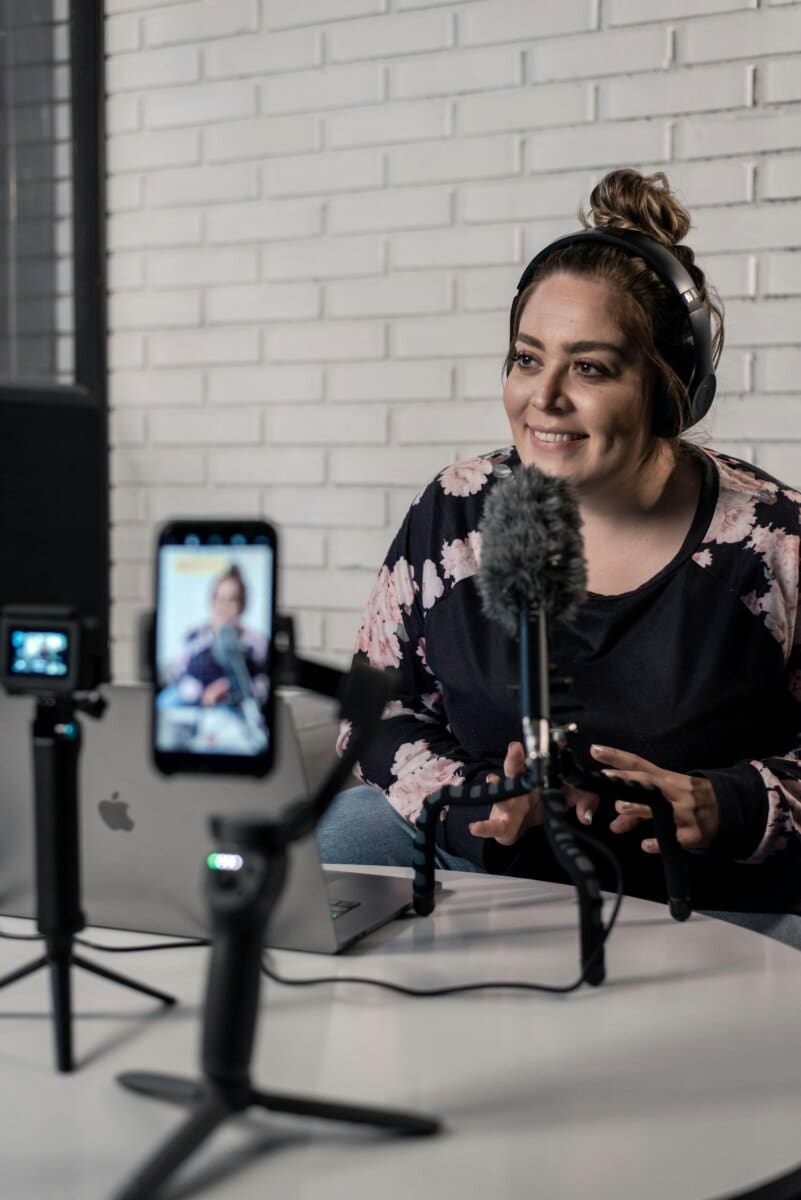
While these regulations are specific to China, they raise important questions about the global influencer economy. In the Philippines, where social media culture is massive and influencers hold significant sway over public opinion, there are no similar laws requiring credentials for professional advice.
How many times have you seen a local influencer recommend a “miracle cure” for skin problems or give investment tips without any medical or financial background? How many “life coaches” are actually certified professionals versus people who just read a few self-help books?
China’s recent policy underscores a worldwide unease regarding the accountability associated with influence. Individuals with substantial online followings—hundreds of thousands or millions—wield significant sway. When their pronouncements concern critical areas like health, finance, or legal issues, the dissemination of inaccurate information can lead to severe repercussions.
The Future of Influencer Regulation
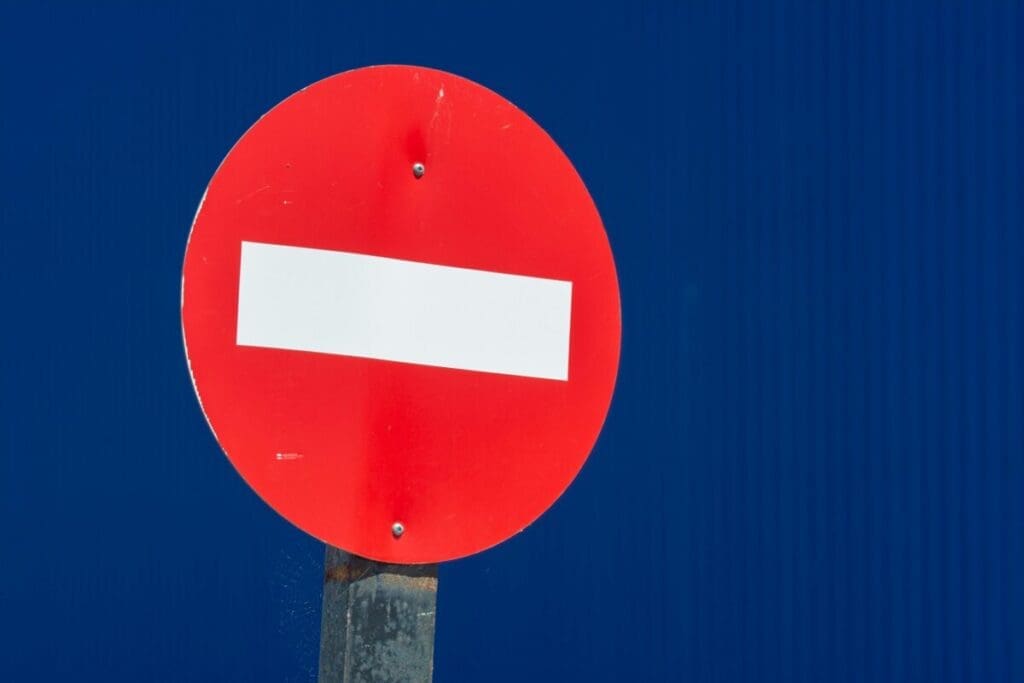
China’s new rules represent a significant shift in how governments are thinking about social media influence and expertise. Especially with these new regulations shifting the pendulum once more in the social media space. Whether other countries follow suit remains to be seen, but one thing is clear: the era of completely unregulated influencer content may be coming to an end.
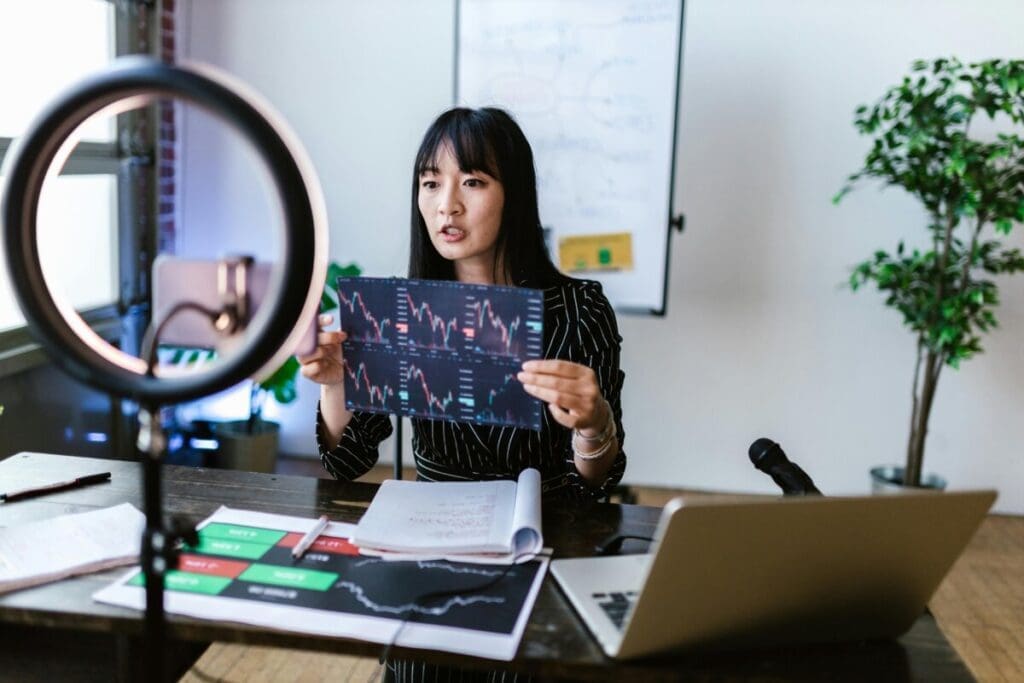
Filipino content creators should prioritize building credibility through transparency and expertise, rather than solely focusing on follower counts. The emphasis should be on producing valuable and accurate content, as opposed to simply chasing viral trends. When discussing specialized topics, collaboration with verified professionals is advisable. Ultimately, the well-being of the audience should always take precedence over engagement metrics.
Because in the end, whether it’s enforced by government regulation or self-imposed ethical standards, accountability matters—and influencers who take that seriously will be the ones who thrive in the long run.
The world is watching how influencers use their platforms, and the standards are changing. Better to get ahead of the curve now than wait for regulations to force your hand later.

